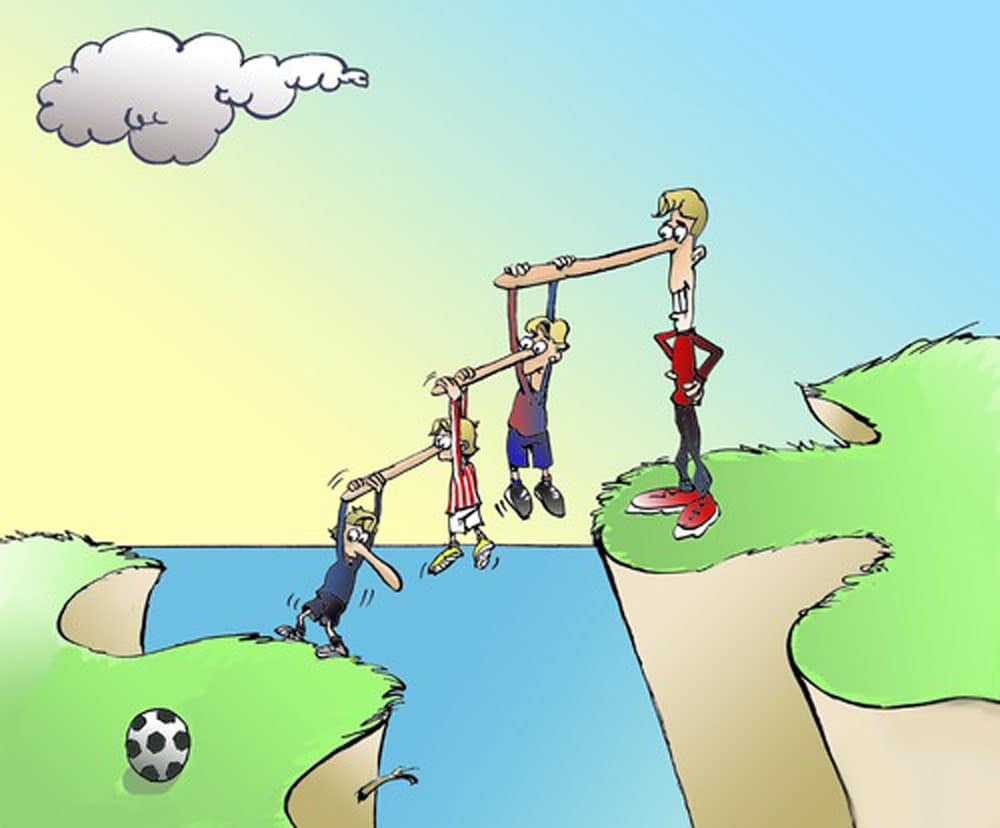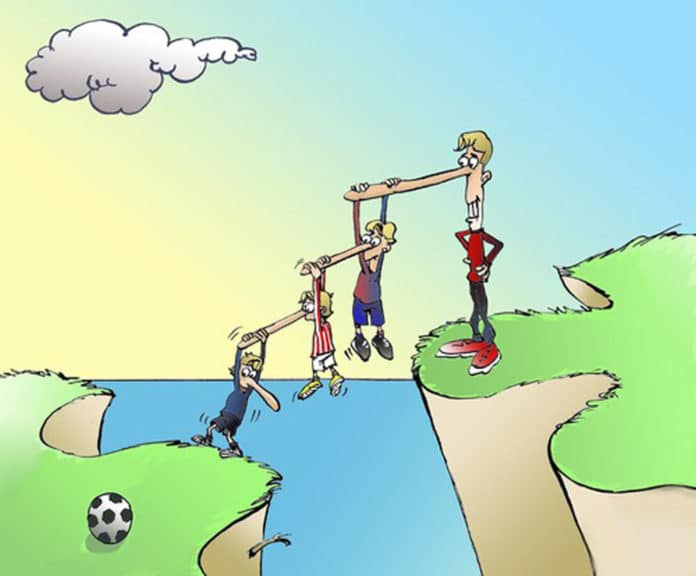There are workers in our society who are not being paid well enough for what they do. I never met one person who would disagree with the fact that nurses fall into that category. So why are some dedicated workers not monetarily rewarded in keeping with the service they provide to humanity? ‘The money isn’t there’, we are told. But you see, the money is there, but it is being doled out to the wrong people.
Let us first put forward a few more examples of people who should receive more money from the State’s coffers, and then we’ll tell you where this money can be found.
Hard working couples on low salaries and with young children, should be entitled to an income supplement to allow them live in basic comfort. Anyone opting to go out to work should be encouraged and see clear-cut benefit for doing so. Single parents, those on disability, the genuinely sick and those ‘unfit for work’ should receive enough State benefit to be able to live in dignified independence.
Again, I hear you ask where all this money is going to come from: Let me tell you; it will come from ‘welfare ’- real welfare. This word has got itself a bad name and the first thing is to make that right. I looked up the word ‘welfare’ in my dictionary and its definition read; ‘The health, happiness and fortunes of a person or group.’ This tells me that citizens who find themselves in dire straits; despite doing their best for themselves, should be helped by welfare. This is what welfare was meant to be from the beginning, before it got hijacked and fell into the hands of the wrong people. We are talking about able-bodied, working-age adults who don’t work, don’t want to work, never worked and probably never will work – and these people are all drawing ‘welfare.’ Weigh this fact against the cry from every sector of the economy that ‘we can’t get staff’ and ‘I can’t find men to work.’ But for the labour provided by foreign nationals, our economy would collapse.
If the Westmeath football team went out to play the first round of the league, and while 12 of the players ‘bursted themselves’ to get the job done, 3 sat on the grass, chatting to each other across the halfway line. Spectators pay money to go watch the team and it’s the same craic. Right through the league and onto the first round of the championship if the same 3 passengers tell Dessie Dolan, the manager, that they know their rights, and this includes sitting on the grass during the match and doing nothing. What would you say? What would Dessie say?
I don’t have figures to hand for Ireland, but it is hardly likely to be much different from our neighbours. (Or could it be that I am just cowardly and feel I might not be attacked by this now strong lobby of worklessness, if I don’t quote our own statistics?!)
An article in ‘The Daily Telegraph’ a few weeks back, states that one in every five (remember the football team) working-age adults in Birmingham, Liverpool and Glasgow are neither in work nor seeking work. It is even worse in Blackpool, where fully a quarter of working-age adults fall into this category. There is more … but we don’t depend on the Telegraph to write our column for us.
‘Not a word about all the payments the farmers receive’; I will be told by one of the ‘one in five’ with his backside on the grass. Farm payments are in no way related to ‘welfare payments’. Farm subsidies are paid so that the consumer can buy cheap food – and besides, there are no farmers likely to be sitting all day in the centre of the pitch; ‘warming the gross with their orse’ – as Ross O’Carroll might put it!
Work is essential for the mental health and physical wellbeing of each one of us. Everybody, whether they realise it, needs to feel useful and fulfilled. Even though only four out if every ten workers admit to ‘loving their job’, 78 percent want to be there doing their work. Teamwork is more satisfying than the person performing a solo run. The people we work with are most often among our best friends. One of the most important aspects of a job is the belief that you make a difference. I often said that the inscription I would like to earn for my headstone is; ‘He made a difference’
The saddest thing is where idleness is a generational existence; neither good for the family or the economy of the country. It becomes a way of life and surely a way has to be found to get those people ‘playing for the team.’
Don’t Forget
Happiness is the result of being too busy to be miserable.






